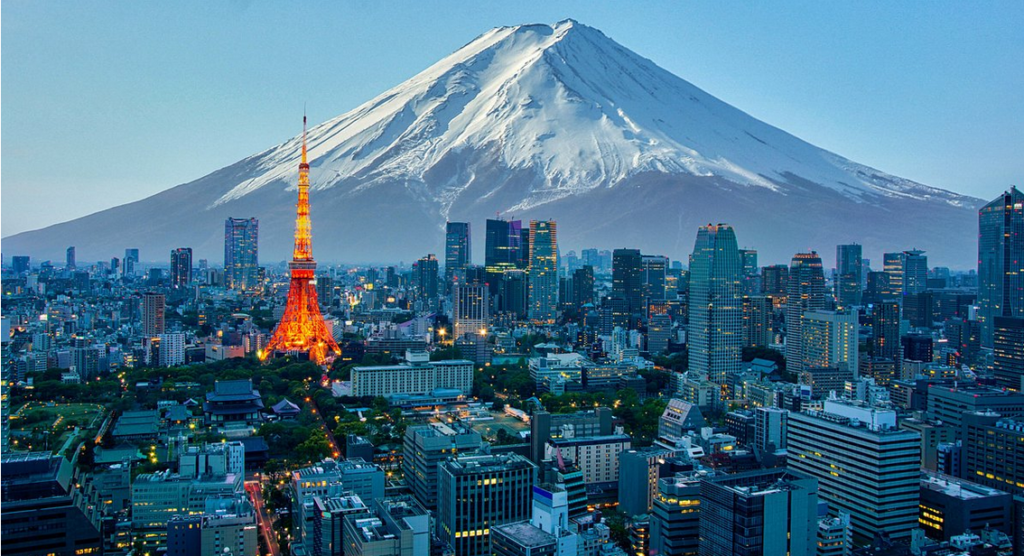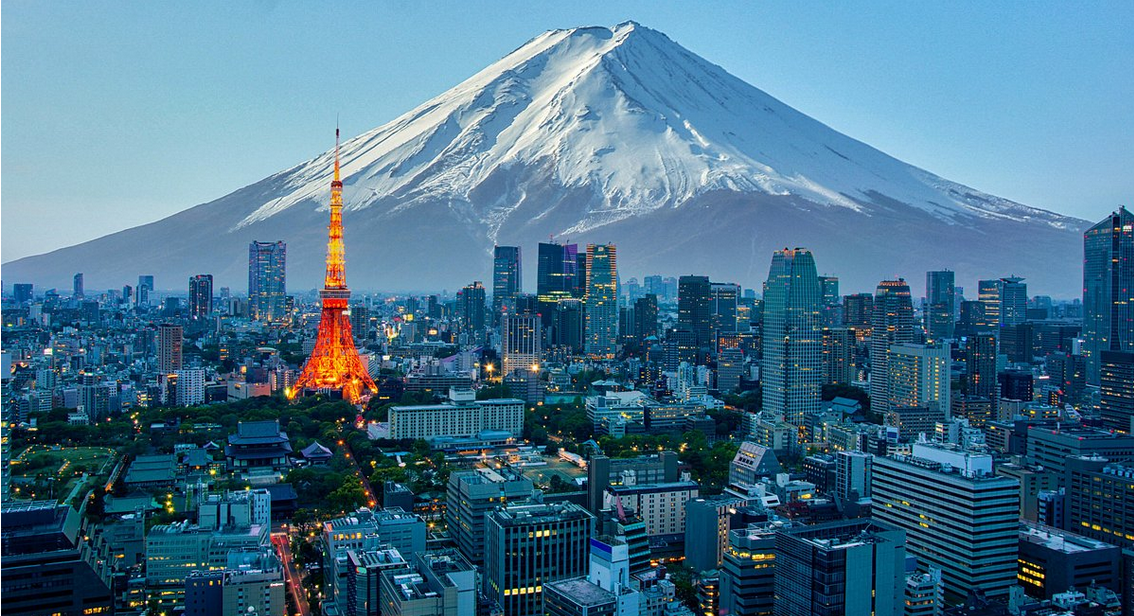
Types of Visas Available for Indonesian Passport Holders
Indonesian passport holders planning a visit to Japan have several visa options available, each tailored to specific travel purposes. Understanding the types of visas available and their respective requirements is essential to ensure a smooth application process. This section outlines the main visa categories: tourist visas, business visas, student visas, and work visas, including their specific requirements, duration of stay, and eligibility criteria.
Tourist Visas
The tourist visa, also known as a temporary visitor visa, is designed for short-term stays, usually up to 90 days. This visa is ideal for those who wish to explore Japan’s rich cultural heritage and scenic landscapes. Applicants must provide a valid passport, completed visa application form, recent photograph, and a detailed travel itinerary. Additionally, proof of financial stability and, if applicable, a letter of invitation from a Japanese resident or organization may be required. It is important to note that tourist visas do not permit any form of paid employment during the stay.
Business Visas
Business visas cater to individuals visiting Japan for professional purposes such as attending meetings, conferences, or negotiations. This visa allows for short-term stays, generally up to 90 days, similar to the tourist visa. Required documents include a valid passport, visa application form, recent photograph, and an official invitation letter from a Japanese company or organization. Evidence of the applicant’s employment status and the purpose of the visit should also be provided. Holders of a business visa are not permitted to engage in paid employment activities in Japan.
Student Visas
For Indonesian nationals aiming to pursue academic studies in Japan, the student visa is the appropriate choice. This visa is typically valid for the duration of the academic program, which can range from a few months to several years. Applicants must submit a valid passport, completed visa application form, recent photograph, and an official acceptance letter from a recognized Japanese educational institution. Additionally, proof of sufficient financial means to support the stay and evidence of previous academic qualifications are required.
Work Visas
Work visas are intended for those who have secured employment in Japan. The duration of this visa is contingent on the nature of employment and can vary from one year to five years. Applicants need to present a valid passport, completed visa application form, recent photograph, and an employment contract or job offer from a Japanese employer. It is also essential to provide a Certificate of Eligibility, which is issued by the Immigration Services Agency of Japan. This certificate confirms that the applicant meets the necessary criteria for entering Japan under the designated employment category.
By understanding the various visa options and their requirements, Indonesian passport holders can make informed decisions about which visa type aligns with their travel intentions and ensures a successful application process.
Application Process and Required Documents
Applying for a Japan visa from Indonesia involves several steps that must be meticulously followed to ensure a smooth process. The application can be submitted either online or in person at the Japanese embassy or consulate. Here is a detailed guide on how to navigate this process.
Firstly, determine the type of visa you need based on your purpose of travel, be it tourism, business, or study. Each visa type has specific requirements, so it is crucial to check the relevant details on the official website of the Japanese embassy or consulate.
Once you have identified the appropriate visa category, gather the necessary documents. This typically includes:
1. Completed Visa Application Form: This form can be downloaded from the embassy’s website. Ensure all fields are accurately filled out.
2. Passport: Your passport must be valid for at least six months beyond your intended stay in Japan and have at least two blank pages.
3. Recent Photographs: Provide two recent passport-sized photographs, adhering to the specified dimensions and background requirements.
4. Proof of Financial Stability: This can include bank statements for the last three months, pay slips, or a letter of sponsorship if someone else will cover your expenses.
5. Travel Itinerary: A detailed itinerary of your stay in Japan, including flight bookings, accommodation details, and daily activities.
6. Additional Documents: Depending on the visa type, you may need to submit extra documents such as an invitation letter for business visas or an admission letter for student visas.
Submit your application and documents either online or directly at the Japanese embassy or consulate. It is advisable to apply well in advance of your travel date to allow sufficient processing time. Common pitfalls include incomplete forms, missing documents, and discrepancies in provided information. Double-check all entries and ensure that all documents are current and accurate.
By carefully following these steps and preparing thoroughly, you can enhance your chances of a successful Japan visa application.
Processing Time and Fees
When applying for a Japan visa, Indonesian passport holders should be aware of the typical processing times and associated fees. Generally, the processing time for a Japan visa is around five to seven working days from the date of submission. However, this timeline can vary depending on several factors, such as the type of visa applied for, the completeness of the submitted documents, and the current workload of the Japanese consulate or embassy. During peak travel seasons, applicants may experience longer processing times, so it is advisable to apply well in advance of the intended travel date.
The visa application fees for Japanese visas vary based on the type of visa. As of the latest update, a single-entry visa costs approximately JPY 3,000, while a multiple-entry visa is around JPY 6,000. Transit visas are comparatively affordable at JPY 700. These fees must be paid in the local currency, and applicants should check with the local Japanese consulate or embassy for the exact amount in Indonesian Rupiah. Additionally, there may be service fees charged by accredited travel agencies or visa processing centers, which can range from IDR 300,000 to IDR 500,000.
Applicants should also account for potential courier charges if they opt for mail-in service or require their passports to be returned by post. Payment methods typically include cash, bank transfer, or credit card, though this may vary by consulate. It is crucial to confirm the acceptable payment methods beforehand to avoid any inconvenience. Unfortunately, visa application fees are non-refundable, even if the application is denied. Therefore, ensuring all documents are accurately completed and submitted is essential to minimize the risk of rejection.
Understanding these aspects of processing time and fees can help Indonesian passport holders better prepare for their Japan visa application, ensuring a smoother and more predictable experience.
Tips for a Successful Visa Application
When applying for a Japanese visa as an Indonesian passport holder, there are several key steps you can take to increase the likelihood of a successful application. First and foremost, ensure that your application is thorough, accurate, and truthful. Double-check that all the information you provide is clear and correct, as discrepancies can lead to delays or rejections.
One of the most critical aspects is the completeness of your documentation. Make sure to provide all required documents, including a valid passport, completed application forms, recent photographs, proof of financial stability, and any additional documents specified by the Japanese consulate. Organizing these documents in a logical order can help the visa officer easily review your application.
In some cases, applicants may be called for an interview. If you are selected for an interview, it is crucial to be well-prepared. Familiarize yourself with the purpose of your trip and be ready to discuss your travel plans in detail. Answer all questions honestly and confidently, and provide any additional documentation that may be requested during the interview.
Understanding common reasons for visa rejections can also be beneficial. Typical causes include incomplete or inaccurate applications, insufficient proof of financial means, and lack of a clear travel itinerary. By addressing these potential pitfalls, you can better position your application for approval.
In the unfortunate event of a visa denial, it is important to remain calm and assess the reasons for the rejection. You may reapply or file an appeal, depending on the circumstances. When reapplying, ensure that you address any issues highlighted in the initial rejection and provide additional evidence if necessary. Consulting with a visa expert or legal advisor can also provide valuable guidance in such cases.
By adhering to these tips and being diligent in your preparations, you can significantly enhance your chances of obtaining a Japanese visa and enjoy a smooth travel experience.


